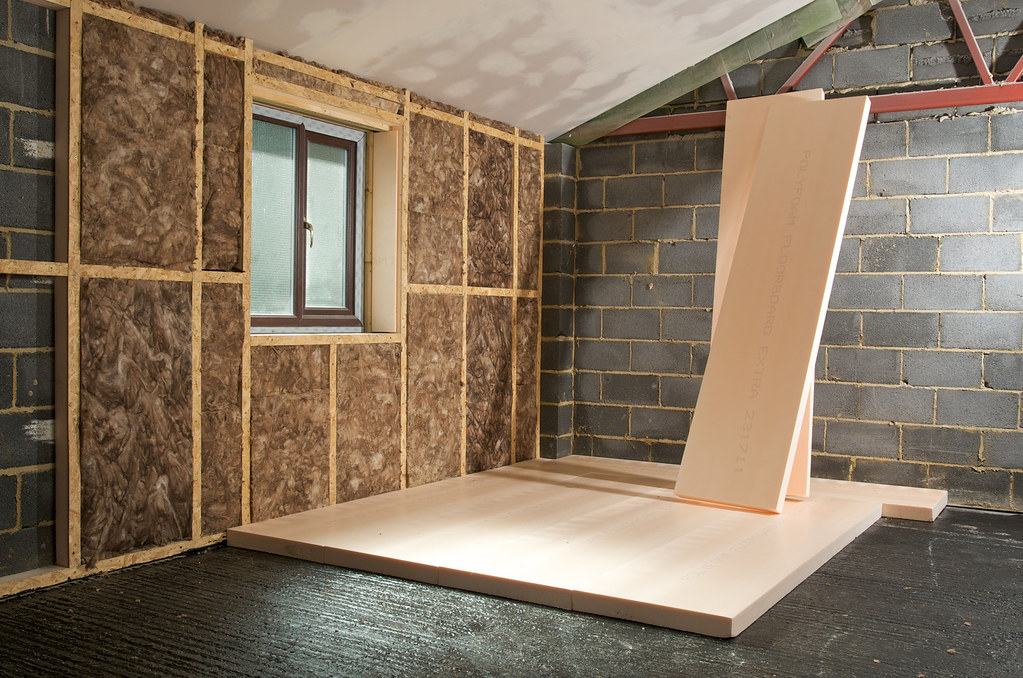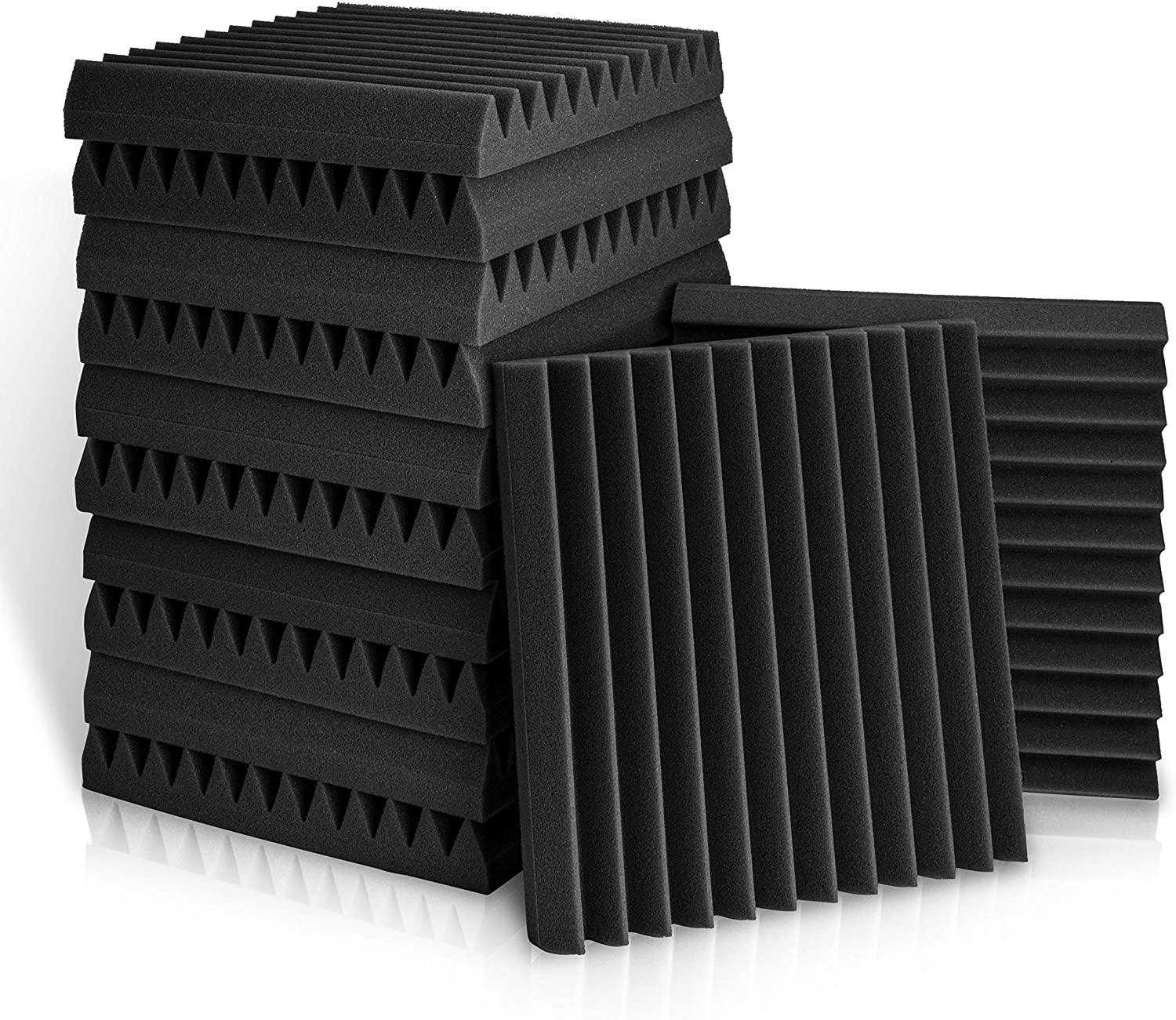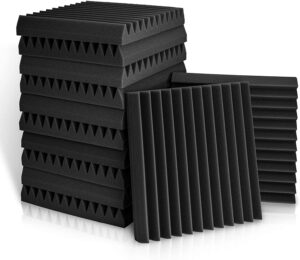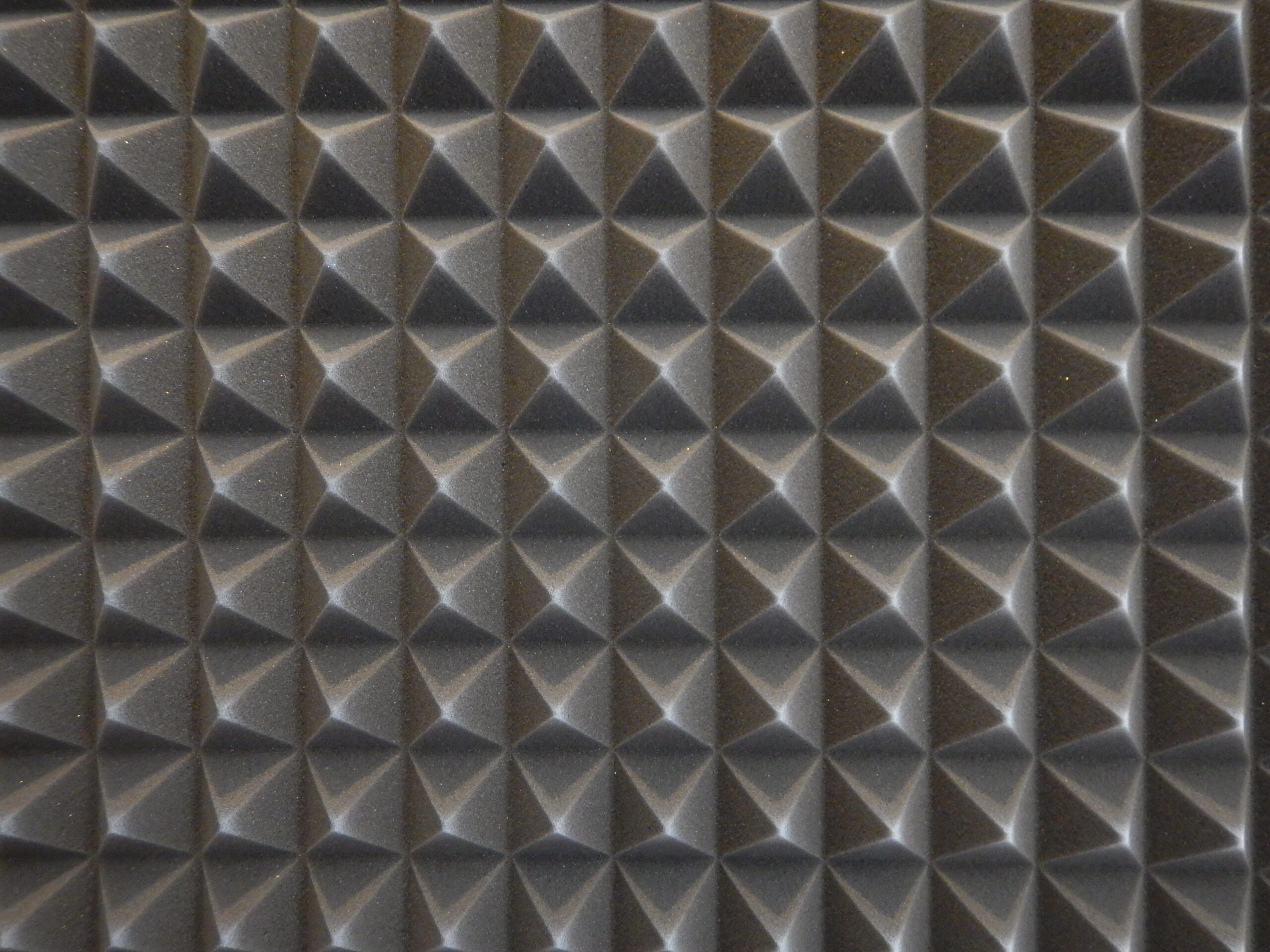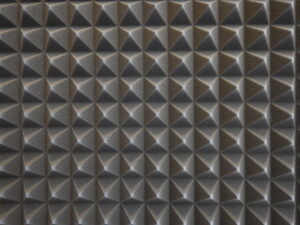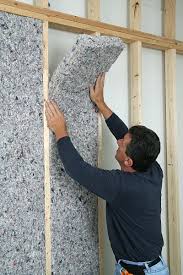Introduction:
In a bustling city like Riyadh, where noise pollution is a constant companion, finding peace and tranquility within
our homes and workplaces becomes essential. Acoustic insulation in riyadh, a technology aimed at reducing noise
transmission, offers a viable solution. In this blog post, we will explore the benefits of acoustic insulation in Riyadh
and how it can significantly enhance our quality of life in this vibrant metropolis.
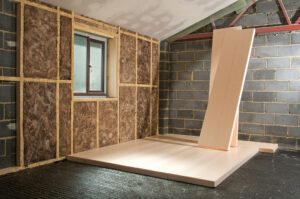
Noise Reduction:
The primary advantage of acoustic insulation is its ability to reduce noise levels. Riyadh, with its rapid urbanization
and busy streets, can often be noisy and disruptive. Acoustic insulation materials, such as soundproofing barriers,
resilient channels, and acoustic panels, effectively block external noise from penetrating into buildings. By creating
a barrier between the source of noise and the interior space, acoustic insulation helps maintain a peaceful and
quiet environment, allowing residents and workers to relax, concentrate, and sleep without disturbance.
Increased Privacy:
In densely populated areas like Riyadh, privacy can be a precious commodity. Acoustic insulation contributes to
enhancing privacy within buildings. By reducing sound transmission between rooms or apartments, it ensures that
conversations, activities, and other noises are not easily heard by neighbors or coworkers. This increased privacy
fosters a sense of comfort, allowing individuals to carry out their daily routines without feeling self-conscious or
intrusive.
Improved Health and Well-being:
Exposure to prolonged noise pollution can have detrimental effects on our health and well-being. Studies have
shown that excessive noise levels can lead to increased stress, sleep disturbances, decreased cognitive
performance, and even cardiovascular issues. Acoustic insulation helps mitigate these risks by creating a quieter
indoor environment. Reduced noise levels promote better sleep quality, lower stress levels, increased focus, and
overall improved mental and physical health.
Enhanced Energy Efficiency:
Acoustic insulation materials often have additional benefits beyond noise reduction. Many of these materials also
provide thermal insulation properties, resulting in improved energy efficiency. Riyadh’s hot climate demands
effective thermal insulation to minimize the reliance on air conditioning systems. By preventing the transfer of
heat through walls, floors, and ceilings, acoustic insulation helps maintain comfortable indoor temperatures,
reducing the need for excessive cooling. This, in turn, leads to energy savings, lower utility bills, and a reduced
carbon footprint.
Compliance with Building Regulations:
Riyadh, like many other cities, has building regulations and guidelines in place to ensure the well-being of its
residents. Acoustic insulation is often a requirement in commercial buildings, educational institutions, and
residential complexes to meet these standards. By installing proper acoustic insulation, property owners can
ensure compliance with these regulations, safeguarding the comfort and satisfaction of occupants while avoiding
potential legal issues.
Conclusion:
The benefits of acoustic insulation in Riyadh are undeniable. From noise reduction and increased privacy to
improved health and energy efficiency, acoustic insulation plays a crucial role in creating a harmonious and
comfortable environment amidst the bustling city life. By investing in acoustic insulation, residents and business
owners in Riyadh can enjoy a quieter and more serene living and working experience, ultimately contributing to
their overall well-being and quality of life in this vibrant metropolis. we are the best acoustic insulation in Riyadh.

